Weekend Retreat
"What We Have Seen and Heard in Heaven"
13th - 15th September 2024
A retreat on faith, art, and Catholic culture
Led by Fr Dominic White OP, with Joey Belleza PhD (Cantab.)
Are you a practitioner of the arts, a teacher of artistic disciplines, or a student with a strong interest in the connection between faith and creativity? Join Fr Dominic White OP and Dr Joey Belleza at the Christian Heritage Centre for this special, intensive retreat on faith, art, and Catholic culture. Covering the areas of music, dance, poetry, and visual art, “What We Have Seen and Heard in Heaven” will explore key theological foundations for a proper understanding of art and its place in Christian life.
The retreat will culminate with Sunday Mass and the debut musical performance of “Synaxis,” a sonnet by Dr Belleza, set to a four-part choral setting composed Fr Dominic!
While primarily aimed at Christian artists, teachers, and students of the arts, the retreat remains open to all inclined toward deepening their appreciation for the relationship between faith and art, rooted in Incarnational and sacramental principles.
A LIMITED SPECIAL DISCOUNT FOR UNIVERSITY STUDENTS IS AVAILABLE: see below for pricing information.
Retreat structure
This retreat will offer several talks over the weekend, framed by opportunities for Mass, communal prayer in the morning and evening, and Adoration of the Blessed Sacrament. At least one Mass in the Dominican Rite will be offered.
Free time for walks and reflection is built into each retreat, and all meals during the retreat are provided in the Theodore House refectory.
Meet our retreat guides
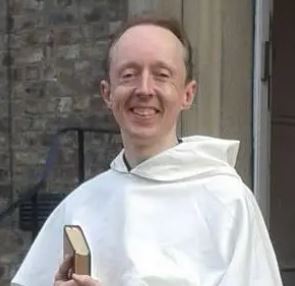 Fr Dominic White is a priest of the Order of Preachers and Prior of Saint Dominic’s in North London. He is also Acting Director of Research at the Margaret Beaufort Institute of Theology in the Cambridge Theological Federation, and Research Fellow of the Kirby Laing Centre for Public Theology. Additionally he is founder of the Cosmos Dance Project and patron of the Eliot Smith Dance Company. Fr Dominic’s research interests include theology and the arts, sophiology (Wisdom theology), and the relationship between faith and culture.
Fr Dominic White is a priest of the Order of Preachers and Prior of Saint Dominic’s in North London. He is also Acting Director of Research at the Margaret Beaufort Institute of Theology in the Cambridge Theological Federation, and Research Fellow of the Kirby Laing Centre for Public Theology. Additionally he is founder of the Cosmos Dance Project and patron of the Eliot Smith Dance Company. Fr Dominic’s research interests include theology and the arts, sophiology (Wisdom theology), and the relationship between faith and culture.
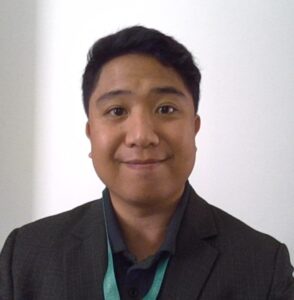 Dr Joey Belleza is a philosopher and theologian, and CHC Assistant for Marketing & Communications. His research interests span the areas of Thomism, Franciscan studies, medieval mysticism, Church history, and sacramental-liturgical theology in general. His recent doctoral dissertation contrasted the poetics of Saint Thomas Aquinas with the poetics of the Franciscan friars Saint Bonaventure and Iacopone da Todi, viewed in light of their competing receptions of Neoplatonic metaphysics as formulated by the mysterious sixth century writer known as Dionysius the Areopagite.
Dr Joey Belleza is a philosopher and theologian, and CHC Assistant for Marketing & Communications. His research interests span the areas of Thomism, Franciscan studies, medieval mysticism, Church history, and sacramental-liturgical theology in general. His recent doctoral dissertation contrasted the poetics of Saint Thomas Aquinas with the poetics of the Franciscan friars Saint Bonaventure and Iacopone da Todi, viewed in light of their competing receptions of Neoplatonic metaphysics as formulated by the mysterious sixth century writer known as Dionysius the Areopagite.
About the venue
Theodore House offers a wonderful venue for any residential course. The tranquil and beautiful surroundings of the Stonyhurst estate offer a peaceful setting with endless opportunities for walks. Guests will enjoy the comfortable recreational spaces and a beautifully lanscaped garden.
For more information about Theodore House, please click here.
Timings
- Arrivals from 3pm for a 6pm start on Friday
- Departures from 3pm on Sunday
Cost (per retreatant)
Single room: £210 per person*
Twin room (sharing): £150 per person.*
Non-residential (includes lunches and dinners): £90 per person
DISCOUNT FOR UNIVERSITY STUDENTS (incl. postgrads!)
10 places in five twin rooms & 5 single rooms:
Twin (shared): £ 100 per person*; Single room: £180 per person*
*Costs include full board from Friday dinner to Sunday lunch inclusive.
“This was an amazing experience, great speaker, comfortable venue, with great staff and activities.”
Please register below (£50 deposit payment per person):
Venue:
![]()

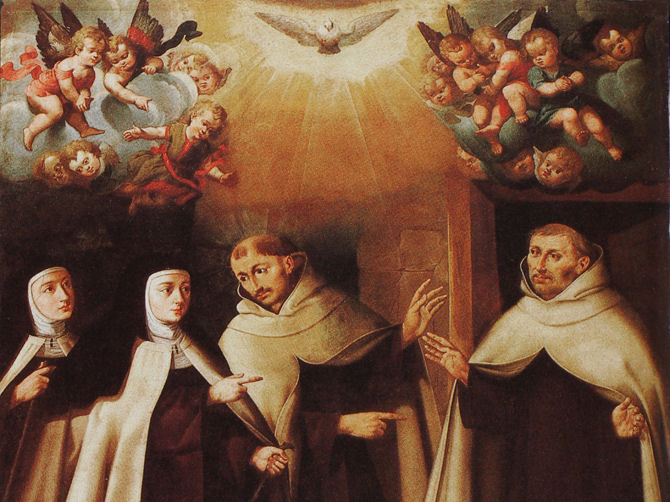
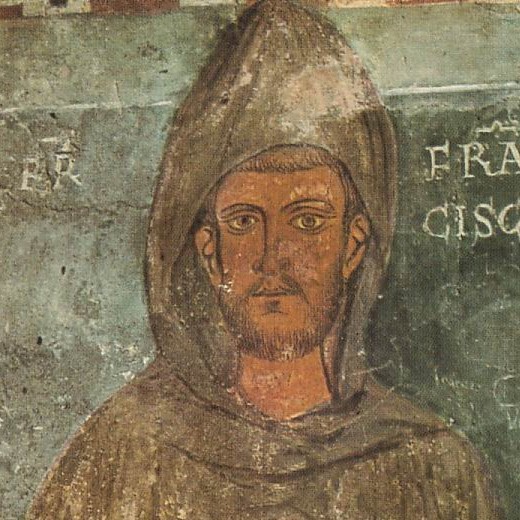
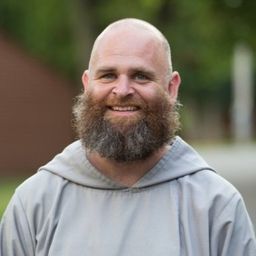 Fr Emmanuel Mansford is originally from a small village in Bedfordshire. He joined the Franciscan of the Renewal in the Bronx, NY in 1998 and made his solemn vows in 2003. Ordained a priest in 2007, he lived for several years in the friary in the East End of London where he served as the local superior. In 2014 he became the vocation director for the friars and lived in New York City where he was involved in the friars apostolates of preaching the Gospel and serving the needy. He has a passion for preaching and people and loves to see God’s people encounter Him and come to life through the Gospel. He also enjoys playing and watching football and is a boyhood fan of Luton Town FC. He recently moved back to the UK to serve with the friars in their mission in Bradford.
Fr Emmanuel Mansford is originally from a small village in Bedfordshire. He joined the Franciscan of the Renewal in the Bronx, NY in 1998 and made his solemn vows in 2003. Ordained a priest in 2007, he lived for several years in the friary in the East End of London where he served as the local superior. In 2014 he became the vocation director for the friars and lived in New York City where he was involved in the friars apostolates of preaching the Gospel and serving the needy. He has a passion for preaching and people and loves to see God’s people encounter Him and come to life through the Gospel. He also enjoys playing and watching football and is a boyhood fan of Luton Town FC. He recently moved back to the UK to serve with the friars in their mission in Bradford.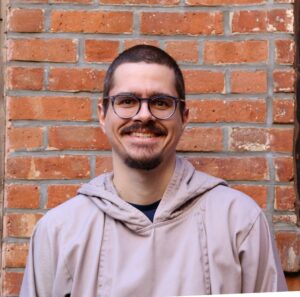

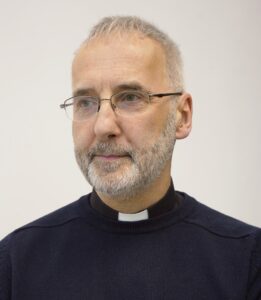 Fr Roger Dawson SJ is a Jesuit priest, previously Director of St Beuno’s Jesuit Spirituality Centre. He is trained as a clinical psychologist and has a long experience as retreat and spiritual director. He is currently the Superior of the Jesuits in Scotland.
Fr Roger Dawson SJ is a Jesuit priest, previously Director of St Beuno’s Jesuit Spirituality Centre. He is trained as a clinical psychologist and has a long experience as retreat and spiritual director. He is currently the Superior of the Jesuits in Scotland.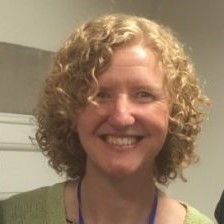
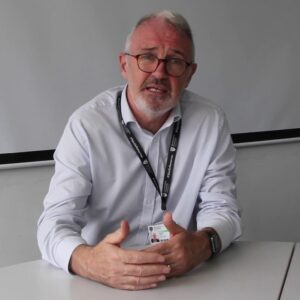
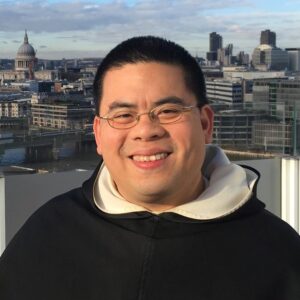 Fr Lawrence Lew is the General Promoter of the Rosary and the Rosary Confraternity for the Dominican Order throughout the world. He is author of
Fr Lawrence Lew is the General Promoter of the Rosary and the Rosary Confraternity for the Dominican Order throughout the world. He is author of 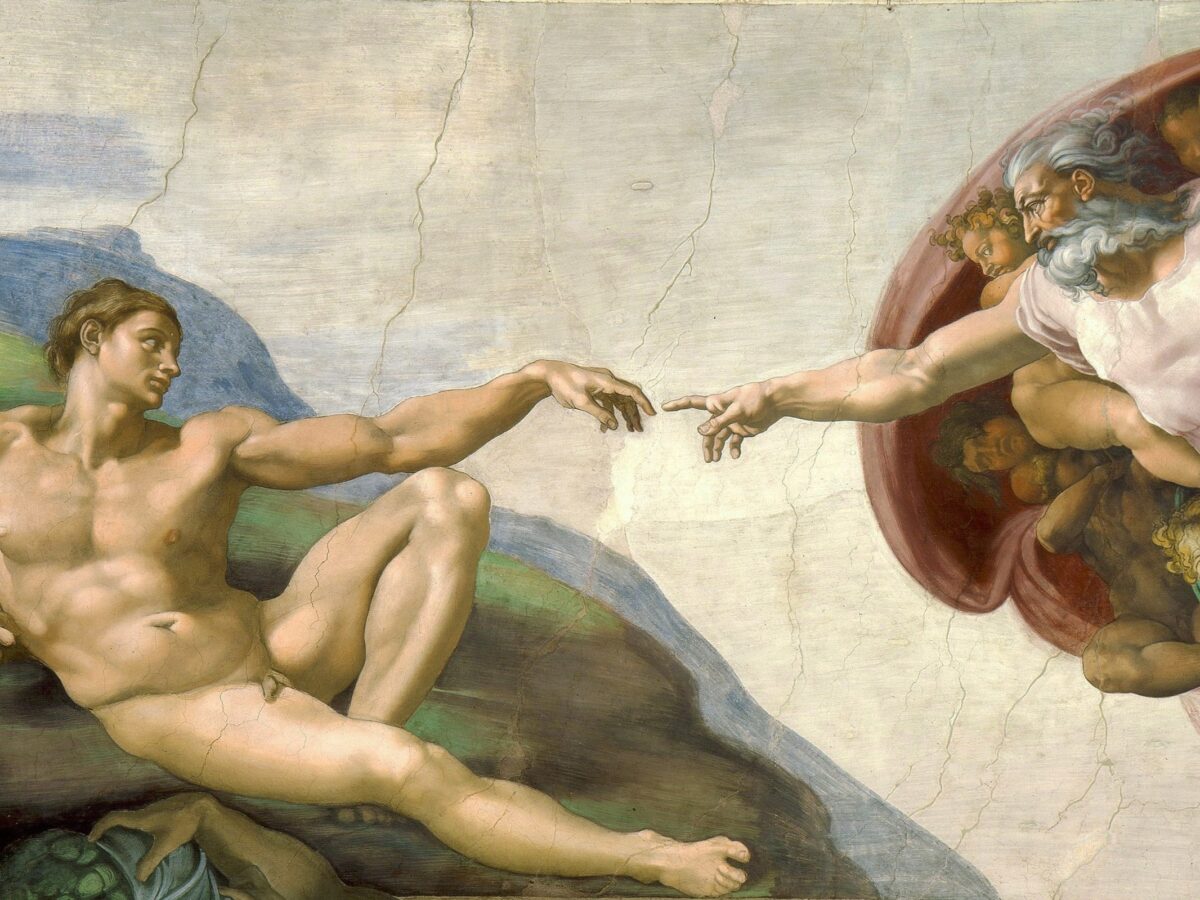
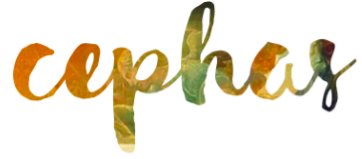
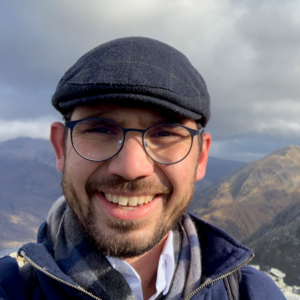 Fr Jean Gové’s research—in philosophy of mind and language—focuses on the relationship between thought, reference, virtual reality, and artificial intelligence.
Fr Jean Gové’s research—in philosophy of mind and language—focuses on the relationship between thought, reference, virtual reality, and artificial intelligence.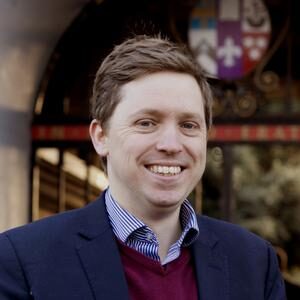
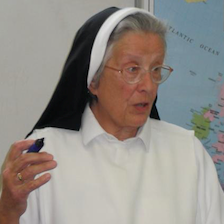
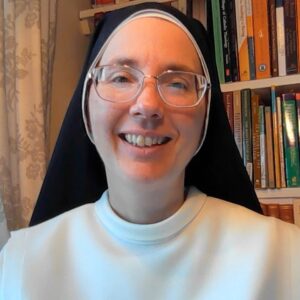
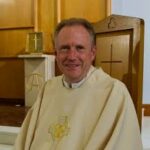
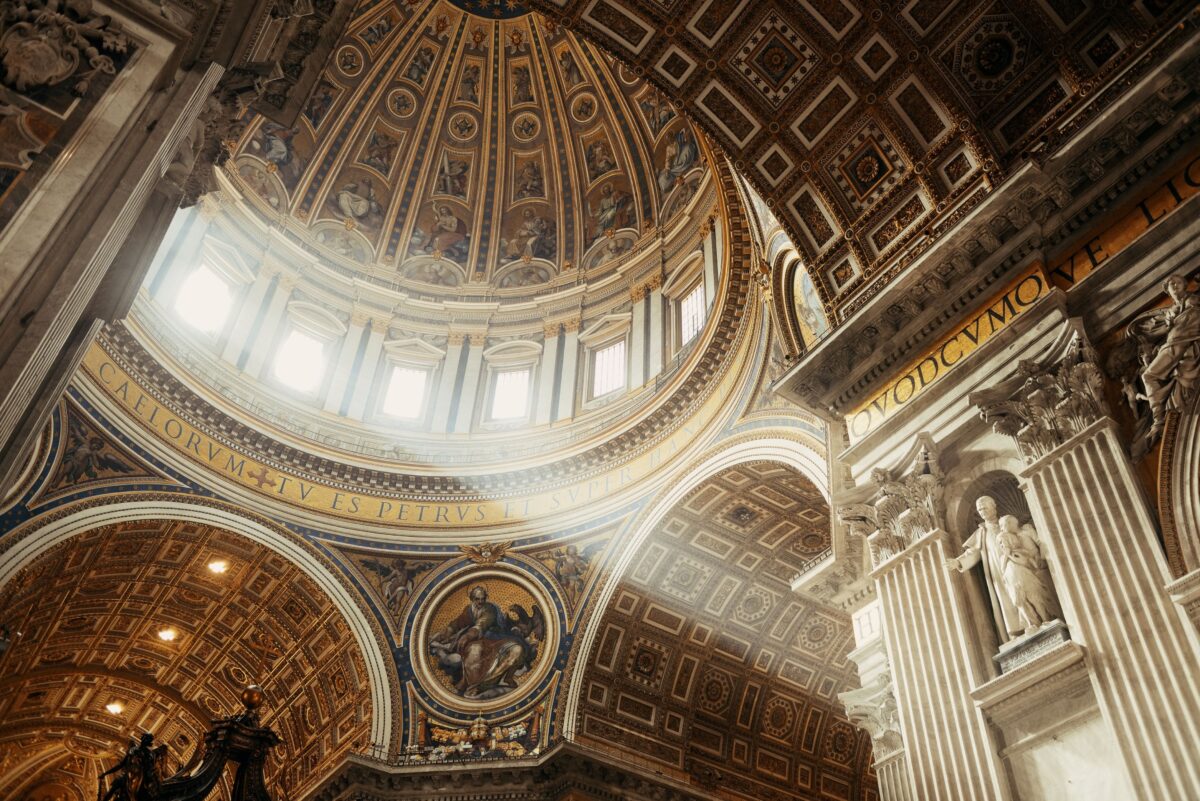
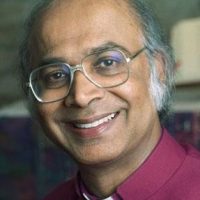
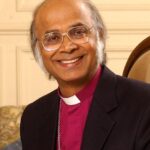
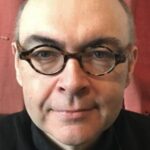
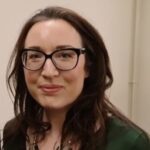
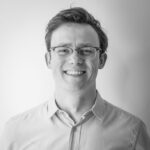
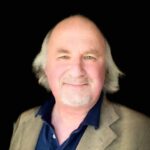
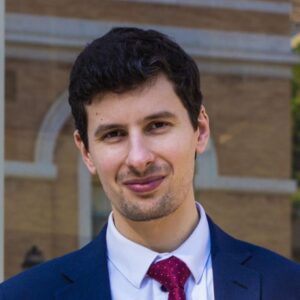
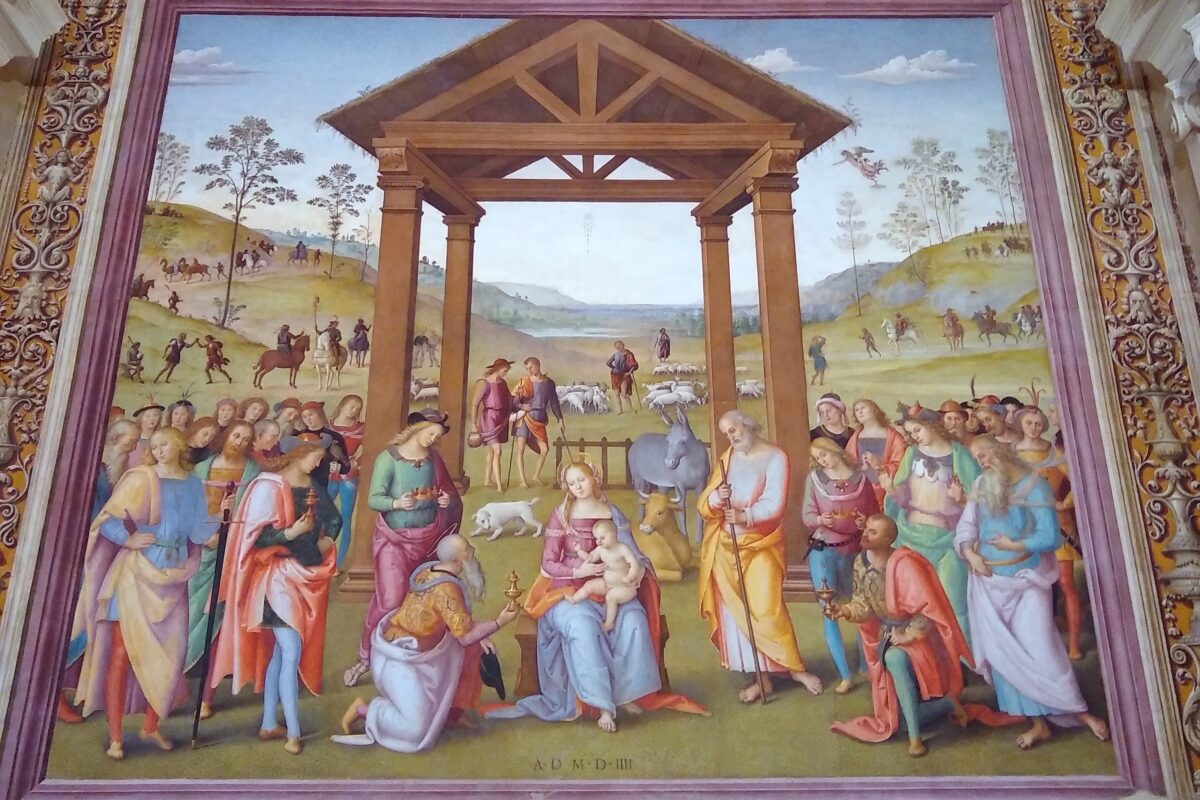
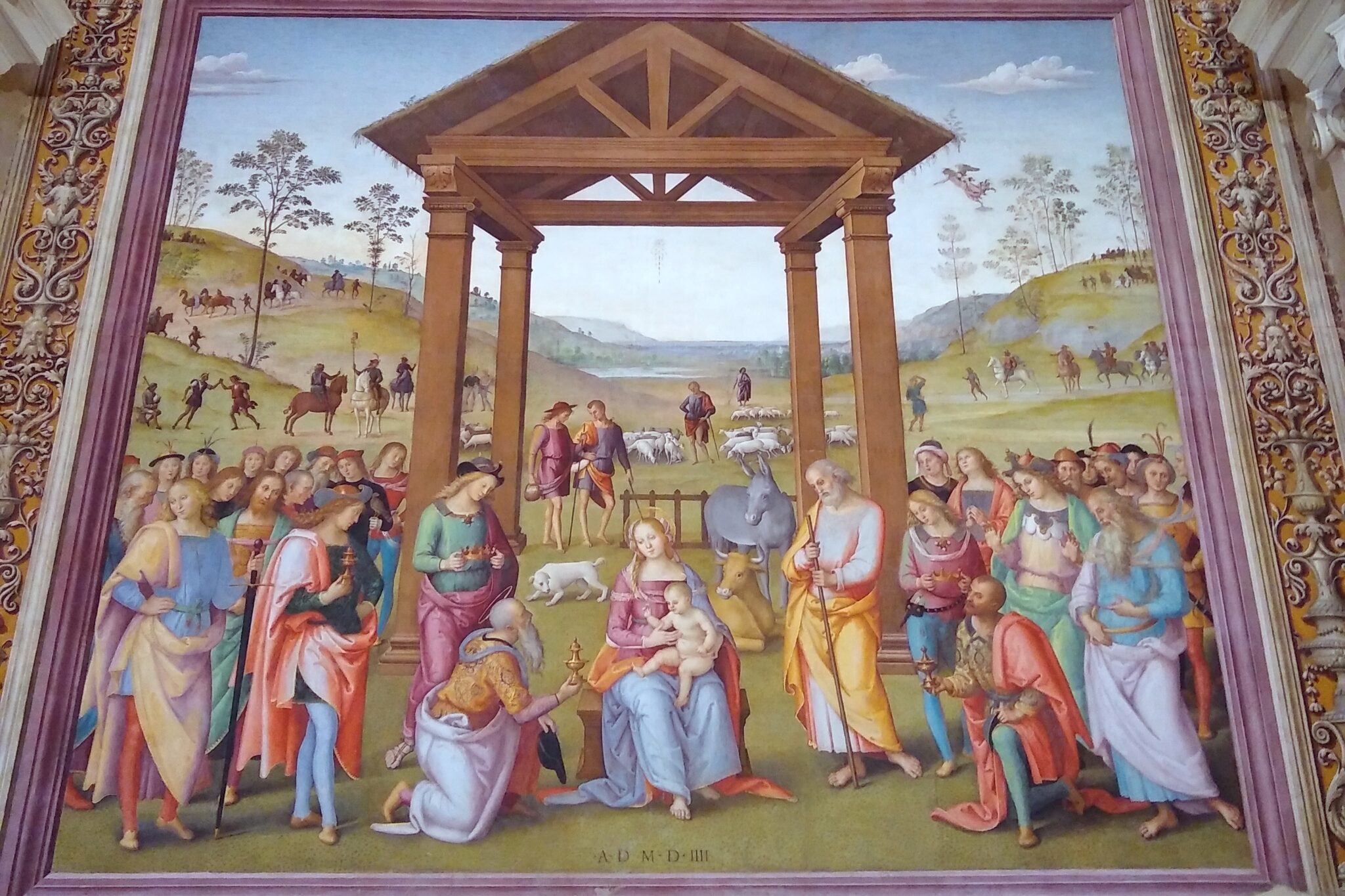
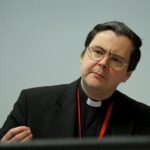
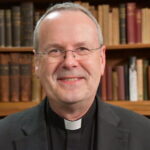 Retreat Master: St Therese of Lisieux
Retreat Master: St Therese of Lisieux